I read this morning that Fatai Amao, ‘Arsenal’, one of the most brilliant midfielders of his generation in the 1980s, a player who, with his silky touches on the ball and immaculate dribbling skills, could have played for any club in the world when he was at his best, is assembling a new national Under-17 team for Nigeria.
As has become the story every time the team is being assembled in recent times, there will be a high turnover of players entering and leaving the camp as a result of the hurdle of MIR checks that will be undertaken to determine the eligibility (not the true ages) of the players. This is a scientific process that measures bone density to eliminate those whose bone structure is considered older than that of a 17-year old. It is such a fallible test that, privately, people chuckle at some of the results. For example, two brothers went for the test, the older brother sailed through with flying colours and his younger sibling failed the same test with honours. The MIR test is that ‘foolproof’.
This high turnover of players, with the resultant fits and starts in training plus other distractions it brings, is an ordeal every national coach of that age-grade has had to face. The situation often degenerates into a moral dilemma for the coach, with the resultant accusation by a scrutinising public of complicity in the falsification of documents and ages of the players.
Meanwhile, the most difficult thing to obtain by anyone in the country is an authentic document on anything. Every document is produced and presented to serve an ulterior purpose different from ascertaining authenticity and credibility. Shortcuts to success are in the people’s DNA, and there is very little that Fatai Amao can do to change anything because that is not his primary mission.
In Nigeria, it is a tough call and a tough job to be the coach of the Under-17 National team.
I used to think, naively, that solving the problem of cheating and falsification of documents in Nigerian football simply requires an honest coach to be put in charge, one that would go to the schools where all Under-17 year olds should be, and recruit his national team players, and that would be it. Far from it, even the schools are a problem. There is little football in the vast majority of the schools. There is the case of misplaced priorities by school heads who see sports as a distraction from academics, and only as extra-curricular activities that do not directly impact education or even the students.
So, school heads separate academics from the promotion of physical health and wellbeing that sports build into students. They also have ‘good’ reasons for not promoting sports – no more sports levies, no funds, no sports grounds, no motivation. What is missing from the present generation of school proprietors and their heads is the proper education about the value and place of sports and physical exercise in education and in society as a whole now; that sports are much more than mere recreation and could impact the lives of young persons in many ways, provide great careers in the sector, and even the contribute to national economic growth in ways that were inconceivable only a few decades ago. Today, as a powerful vehicle and tool, sports can change the world!
Yet, having said that, the future of Nigerian football, of developing the best football players from the grassroots, of increasing the possibility of achieving Pele’s prediction that Nigeria would be the first African country to win the World Cup, depend on how well and how sincere the country is in developing exceptional players from the grassroots through the Under-17 cadre – the players in secondary schools.
Till now, the options for the coaches have been to win at that level or to be shown the way out of the national team. That’s why they are pressured to cut corners and try to win by all means, to the detriment of the grander vision of the ultimate reward. a bigger reward in football.
So, we win several times at Under-17 and become the greatest country on earth at that level, but never grow much beyond that, and also never reap the bountiful harvests only available at the h level. This present way, we continue to reap the harvest of the small seed that we sow in a shallow grave.
We must change the narrative. We must re-strategise. We must replace our priorities by having a grand plan of ascension and progress up the ladder of Nigerian football from the base through to the apex, and the ultimate goal – the World Cup! Everything along the way is taken only as a stepping stone, not as an end in itself.
The Nigeria Football Federation, with its technical directorate steering the ship, must design a pathway of development and growth from Under-17 through to the Super Eagles. The goal shall be to have the aggregation of the work of the coaches at all the different levels leading to identifying, developing and eventually assembling the best players honed in the traditions of Nigerian football, with some deliberately directed to clubs and environments abroad as a deliberate strategy. That way, we establish a production line for our natural raw materials. That way, we can become the greatest football nation on earth because that is our primary goal.
We must, however, do things differently.
Technically, we must also appreciate that Nigeria is not represented by the endlessly passing style of football of present generation of Diaspora-born and bred Eagles and saturating most of Europe now. We are like Brazil of old, of the culture of flamboyance, expressive dribblers, showmanship, flair, power, speed and entertainment. At our best, we are the definition of the ‘beautiful game’. Look back at 1973, 1980, 1985, 1989, 1994, 1996. Those were the best years of the true demonstration of the rich culture and style of Nigerian football.
If I were the head of Nigerian football, I would change the narrative of Nigerian football. I shall set new goals. I shall explain to Nigerians the process, demand of them some patience, open a great relationship with the ministries of Education, National Orientation and the Nigeria Schools Sports Federation to take football back to schools by catalysing and driving the process, and making sure that Nigeria’s Under-17 players all come from the schools, come rain, come shine.
The success of all the coaches should be measured differently – by their contributions to the national goal, and not primarily by winning unmerited laurels at junior levels, shortchanging the country and mortgaging the country’s greater ambitions.
To win with a genuinely Under-17 team of Nigerian players is not possible, for now. Why?
Where do you get them from? At Under-17 they should be in secondary schools. Hardly any of the players we shall assemble now will be in school. They will come from clubs and academies. It will be foolhardy for anyone to, therefore, look towards the schools for now. But going forward, we must start to shape a future of higher prizes than we have been doing through the previous decades.
For now, I can only wish ‘Arsenal’ the best of luck in his well-deserved assignment.
He should ride with the new wind and spirit of change and a new Nigeria blowing and pervading the country now. I shall team up with other well-meaning Nigerians to join hands with him and set the grassroots of Nigerian football on the right path.
The bar of success by his predecessors has been lifted very high, unfortunately. At that level, Nigeria has recorded very phenomenal records as the most successful country in the world.
For many reasons, all the achievements have not translated into success at the very top, the World Cup.
That may be the all the motivation that Fatai Amao needs to choose to rewrite the script of Nigerian football at Under-17 level and create the foundation for a new, bright and better Super Eagles. He cannot fail because to win is not to come first at the start of a race, but at the end. The end this time should be the World Cup of 2030 and beyond!
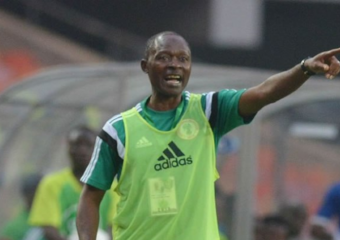
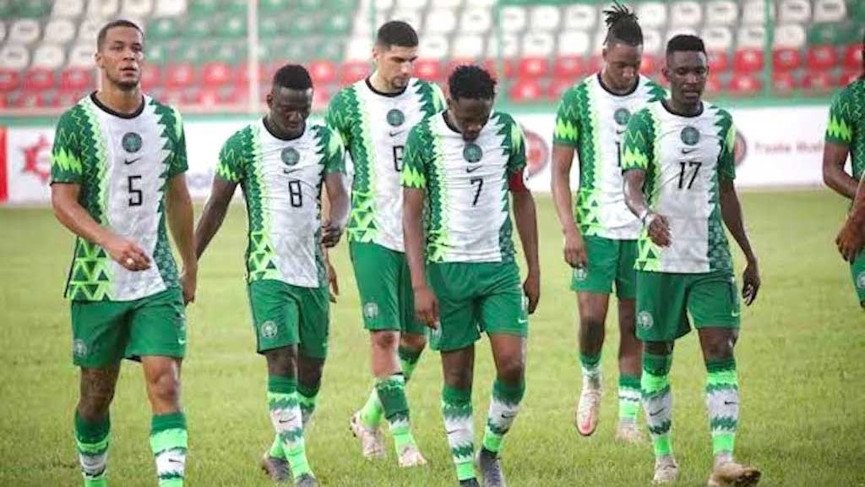
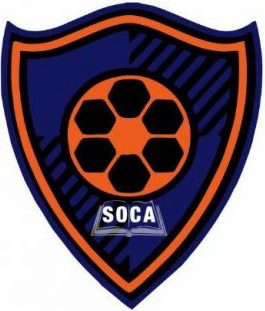
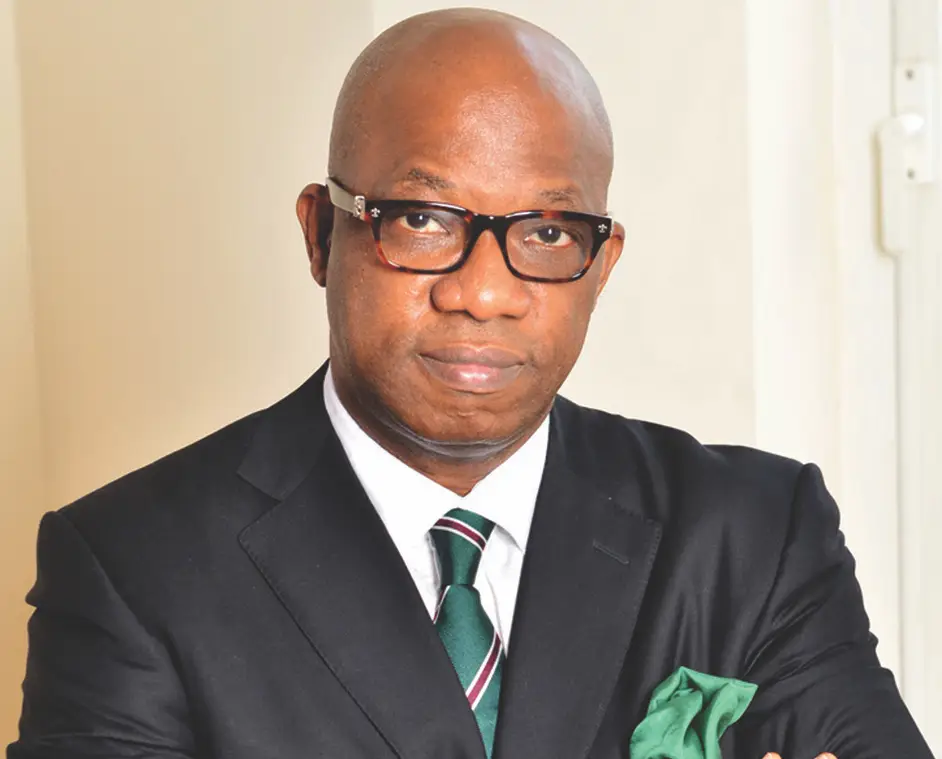

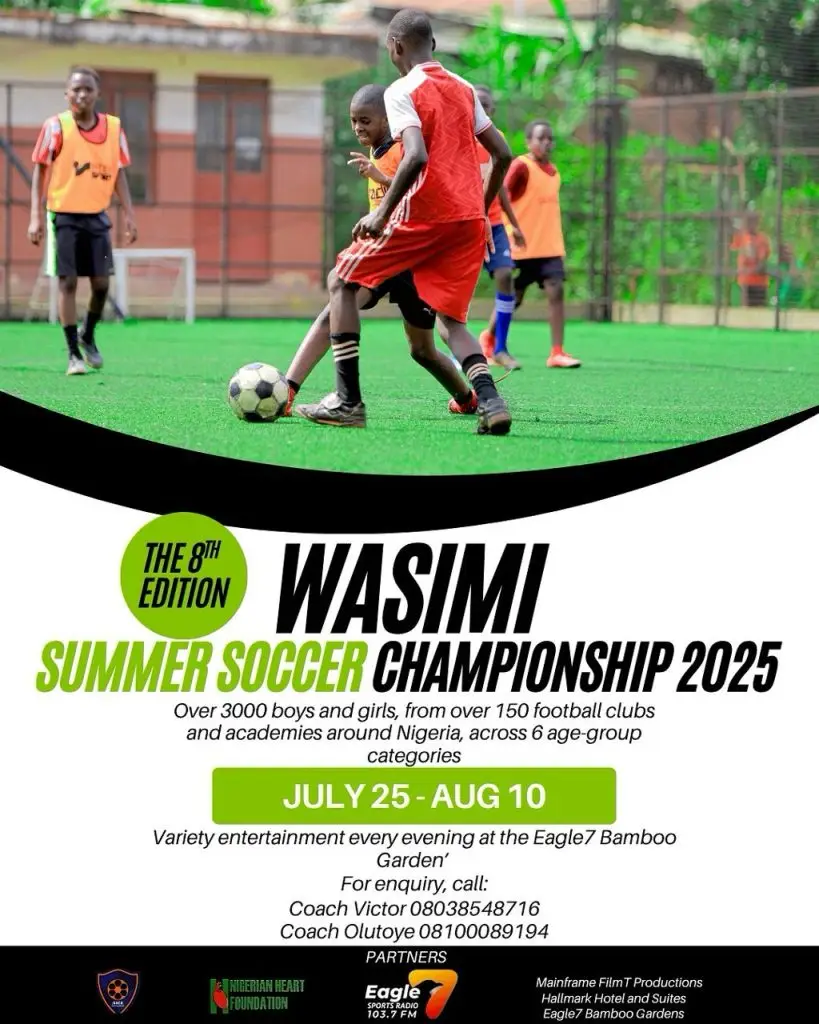



Latest Comments